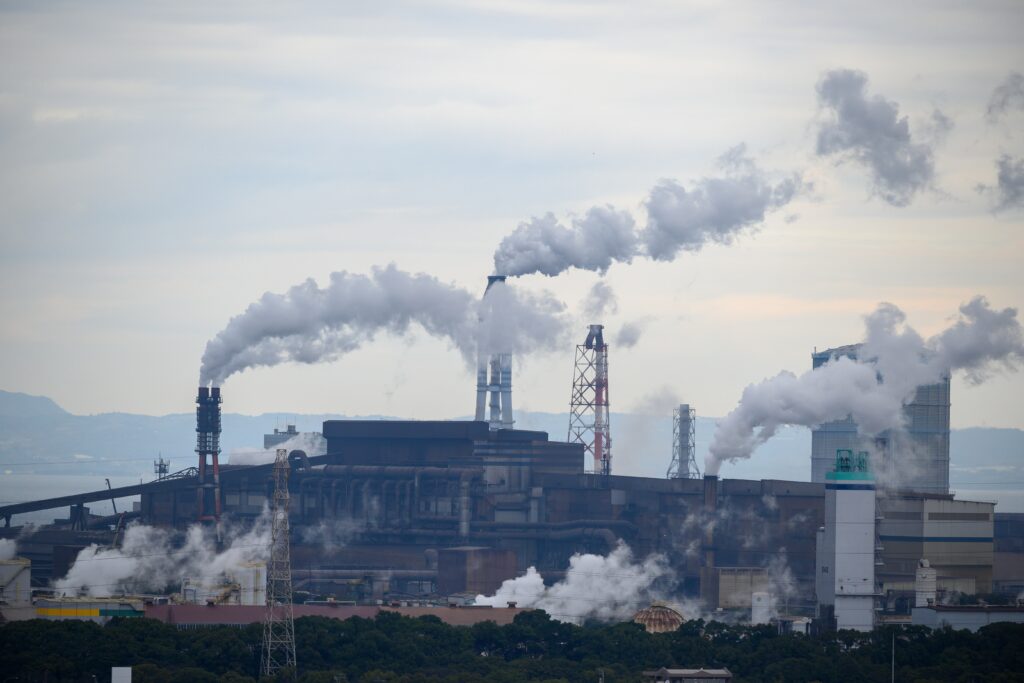
Pollution is a global issue that affects the health and well-being of humans, animals, and the environment. It is the presence of harmful substances in the natural environment, which disrupts the balance of ecosystems and causes negative impacts on living organisms.
Pollution can take many forms, including air pollution, water pollution, and land pollution. Air pollution is caused by the release of harmful gases, such as carbon monoxide, sulfur dioxide, and nitrogen oxides, into the atmosphere. This can lead to respiratory illnesses, heart disease, and other health problems for humans and animals.
Water pollution occurs when toxic substances, chemicals, and other pollutants are released into bodies of water, making it unsafe for human consumption and causing damage to aquatic life. Land pollution, on the other hand, refers to the accumulation of waste materials, chemicals, and other pollutants on land, leading to soil degradation and the contamination of groundwater.
The sources of pollution are diverse and include industrial activities, transportation, agriculture, and household waste. It is crucial that we take steps to reduce pollution to protect our environment and health. This can be achieved through actions such as recycling, reducing energy consumption, using eco-friendly products, and advocating for environmental policies.
Government policies and regulations can also play a significant role in reducing pollution. For example, enforcing emission standards on factories and vehicles, implementing waste management programs, and promoting renewable energy can all help to minimize pollution.
In conclusion, pollution is a severe environmental issue that requires immediate attention and action. We must all take responsibility for our actions and make conscious choices to reduce our environmental footprint. By working together and implementing effective solutions, we can create a cleaner and healthier environment for ourselves and future generations.